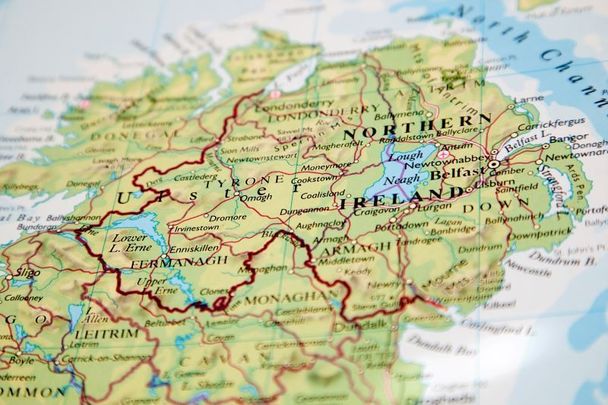A new Brexit deal, including an agreement to end the bitter dispute over the Northern Ireland Protocol, is expected to be announced in less than a fortnight, the influential Daily Telegraph reported on Monday, February 13.
The paper cited sources close to negotiating talks in both the UK and European Union as it reported that Britain has watered down its hardline resistance to European judges ruling on issues in Northern Ireland.
The UK's opposition to the European Court of Justice (ECJ) having a role on issues in Northern Ireland was a major obstacle. There was no relaxation of the stance under Boris Johnson and Liz Truss when they were British prime ministers.
But under Prime Minister Rishi Sunak, there appears to have been a breakthrough with the UK government no longer insisting that the ECJ must not be the ultimate arbiter on EU law issues in Northern Ireland.
That’s a major step forward, following the deal revealed last week that there will be red and green customs lanes at Northern Irish ports to differentiate between goods staying in the region and those moving south into the Republic and so into the EU’s single market.
The developments raised hopes of agreement on the Northern Ireland Protocol, a post-Brexit deal to ensure a soft trade border on the island of Ireland.
The Telegraph says Sunak is due to speak to some European leaders later this week, with next week initially penciled in by UK negotiators as the date for the settlement announcement.
New language stressing that the ECJ will only be used as a court of last resort is expected in a joint EU-UK statement when the deal is announced, according to multiple UK and EU sources.
There is also a belief among UK government figures familiar with negotiations that the deal would mean Downing Street effectively drops the Northern Ireland Protocol Bill, which is still going through Parliament.
The legislation in its early form passed the House of Commons but has been put on pause ahead of an expected clash in the House of Lords, where the Tories do not have a majority.
Downing Street insiders stressed that elements of the final package are still moving, but did not deny that the announcement of the deal was expected soon.
One of the major political challenges for Downing Street will be squaring Eurosceptics on the Tory back benches and Northern Ireland’s Democratic Unionist Party, whose leader Sir Jeffrey Donaldson previously insisted that his party “is not prepared to tolerate a situation where we are treated like an EU colony.”
He has warned that unionists can only accept an agreement that ends the “democratic deficit” and gives Belfast a say over the rules that govern it.
Tánaiste and Foreign Affairs Minister Micheál Martin has said that EU negotiators “fully understand” the strength of Unionist concerns about any deal.
*This column first appeared in the February 15 edition of the weekly Irish Voice newspaper, sister publication to IrishCentral.




Comments